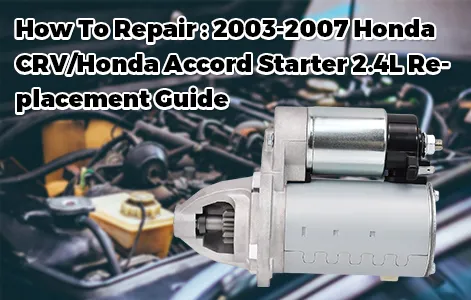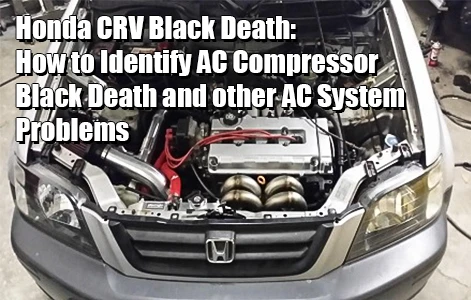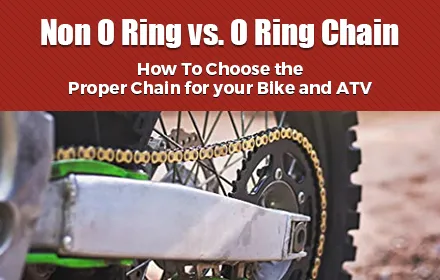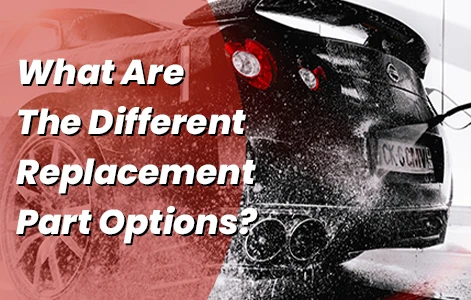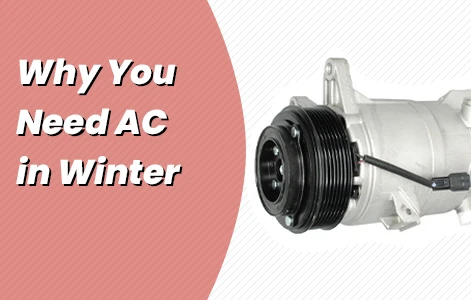What Types Of Lawn Mowers Are There?
The common lawn mowers including push mowers, riging mowers and zero-turn mowers. The type of lawn mower you own will influence which tires you need. Each mower type has its own needs.
Types of Lawn Mowers
| Push Mowers | Riding Mowers | Zero-Turn Riding Mowers |
Feature | Light | Some more stability, others can handle heavier loads | Unique steering system, enhanced maneuverability, fast mowing speeds |
Requirement | Easy to maneuver, provide good traction | Ideal for most lawn conditions | Allow for tight turns and ease of maneuvering |
Suitable Tire | Solid rubber tires or pneumatic tires | Bias-ply tire or radial tires | Turf tires |
Advantage | Pneumatic tires: good traction Solid rubber tires: low maintenance cost | Bias-ply tires: durable, provide excellent traction Radial tire: better handling and smooth ride | Great traction, easy to maneuver, less compaction |
Disadvantage | Pneumatic tires: require frequent air pressure checks Solid rubber tires: limited traction and cushioning. | Bias-ply tires: rough ride, fast tread wear Radial tire: high cost, less rigid sidewall | Not suitable for heavy loads, reduced stability on hills. |
How To Read Lawn Mower Tire Sizes
To read a lawn mower tire size, locate the numbers printed on the sidewall, typically formatted as "13x6.5-6". The first number (13) represents the tire's overall diameter in inches. The second number (6.5) indicates the tire's width in inches. The third number (6) denotes the rim diameter in inches, which is the size of the wheel the tire fit.
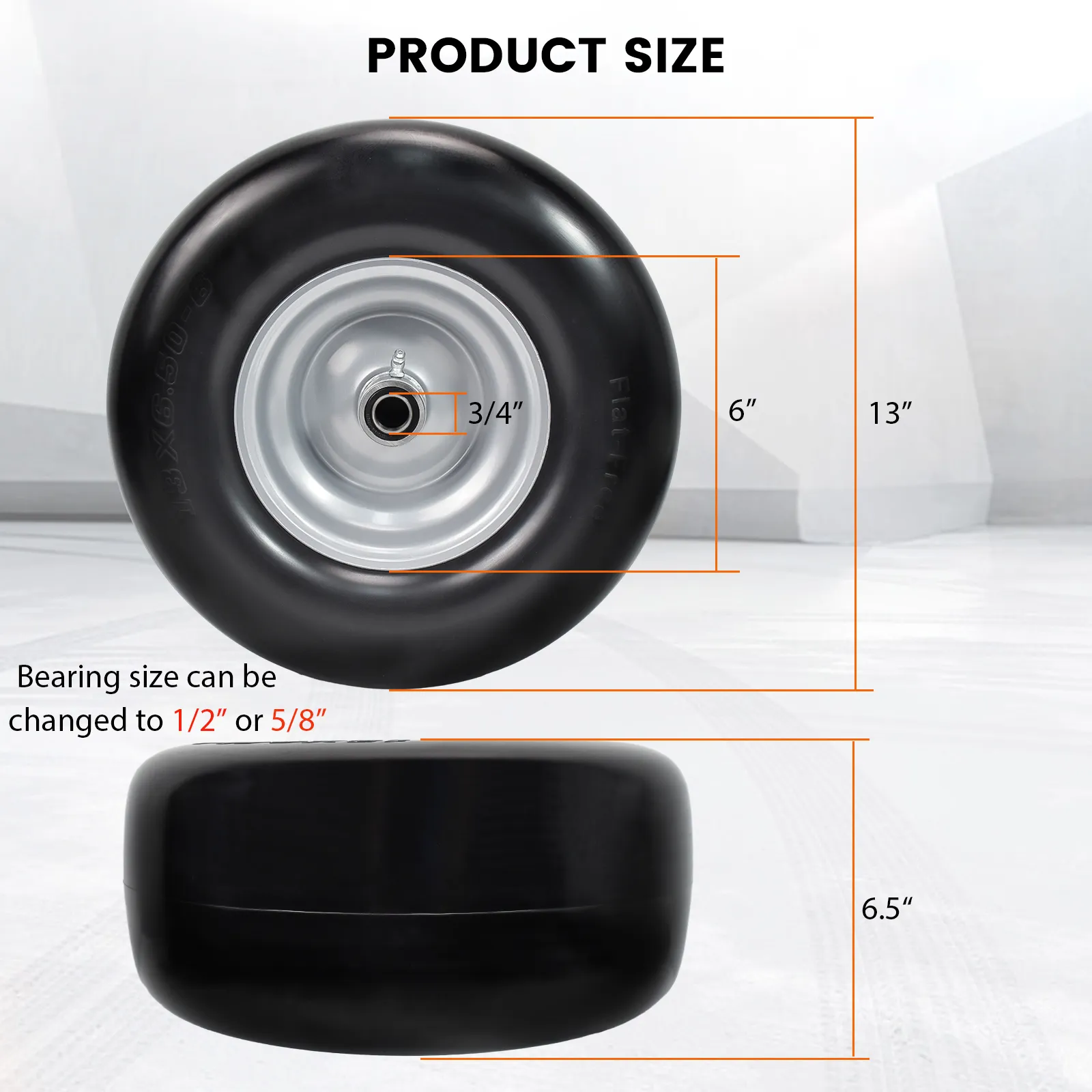
How to Choose Lawn Mower Tires
Choosing the right lawn mower tires depends on lots of factors.
Lawn Type
Evaluate the condition of your lawn before deciding on the type of tire you need. If you have thick and dense grass, choose tires with deep tread. This provides better traction and prevents clogging.
Thin, sparse grass requires shallow treads with a focus on easy maneuvering. For wet conditions, focus on well-defined treads to prevent slipping. If you’re working with uneven ground or slopes, get tires with excellent grip and stability.
Tire Material
The tire material influences the durability, traction and maintenance of your lawn mower rubber tires. Rubber tires offer great traction and durability but might be prone to punctures. Polyurethane is a good tire material since it’s resistant to punctures and flat tires. You can also opt for tires filled with liquid or foam to prevent punctures. But these can be on the heavier side.
Tire Placement
When replacing your lawn mower tires, consider whether you need front or rear ones. This can also impact the performance of your lawn mower. Front tires are tasked with handling the steering and maneuvering. Due to this, tires with a good grip and flexibility while turning is required.
Rear tires are responsible for carrying the weight of the mower and providing traction. Consider the tread pattern based on your lawn type when buying rear tires.
Tire Tread Pattern
Choosing lawn mower tires involves understanding the tire tread pattern. This has an impact on the traction, handling and noise levels of the mower. A lugged tread pattern is ideal for rough terrains since they offer good traction. A ribbed tread is preferred for flat surfaces since they offer good traction and stability. A smooth tread has less traction but offers a quieter ride.
Additional Features
While selecting the right material and tread pattern is essential, added features can make your lawn mower even better.
Pneumatic Tires
Pneumatic mower tires prvide excellent traction and cushioning for a smooth ride. But they require regular air pressure checks and can be prone to punctures.
Flat Free Tires
If you need a low maintenance option, this is the most suitable tire for you. Flat-free mower tires prevent punctures and flat tires, making mowing your lawn quick and easy. Hex Auto Parts has Flat Free Tires for sale, come with a variety of spacers and bushings which allow the tire to fit a wide variety of hubs on lawn mower, garden, tractor, wheelbarrow, hand trucks and so on. Please check your existing Tire Size, Hub Length, Hub Type and BBushing Diameter to ensure proper replacement fit.
